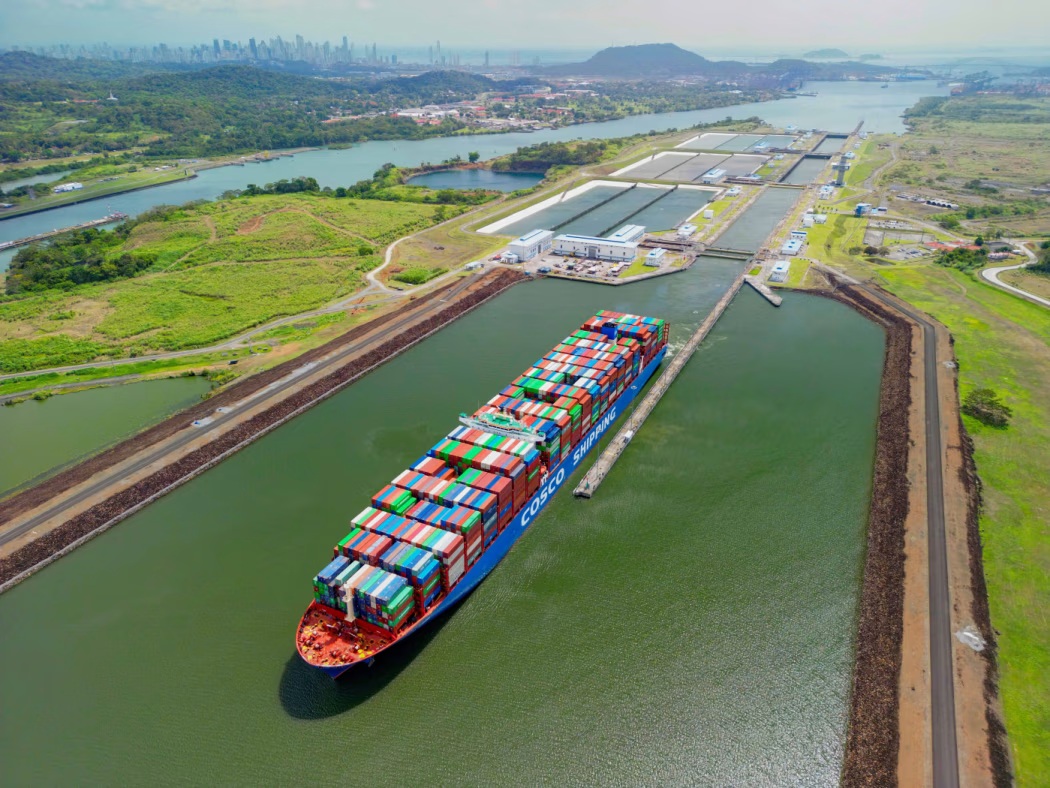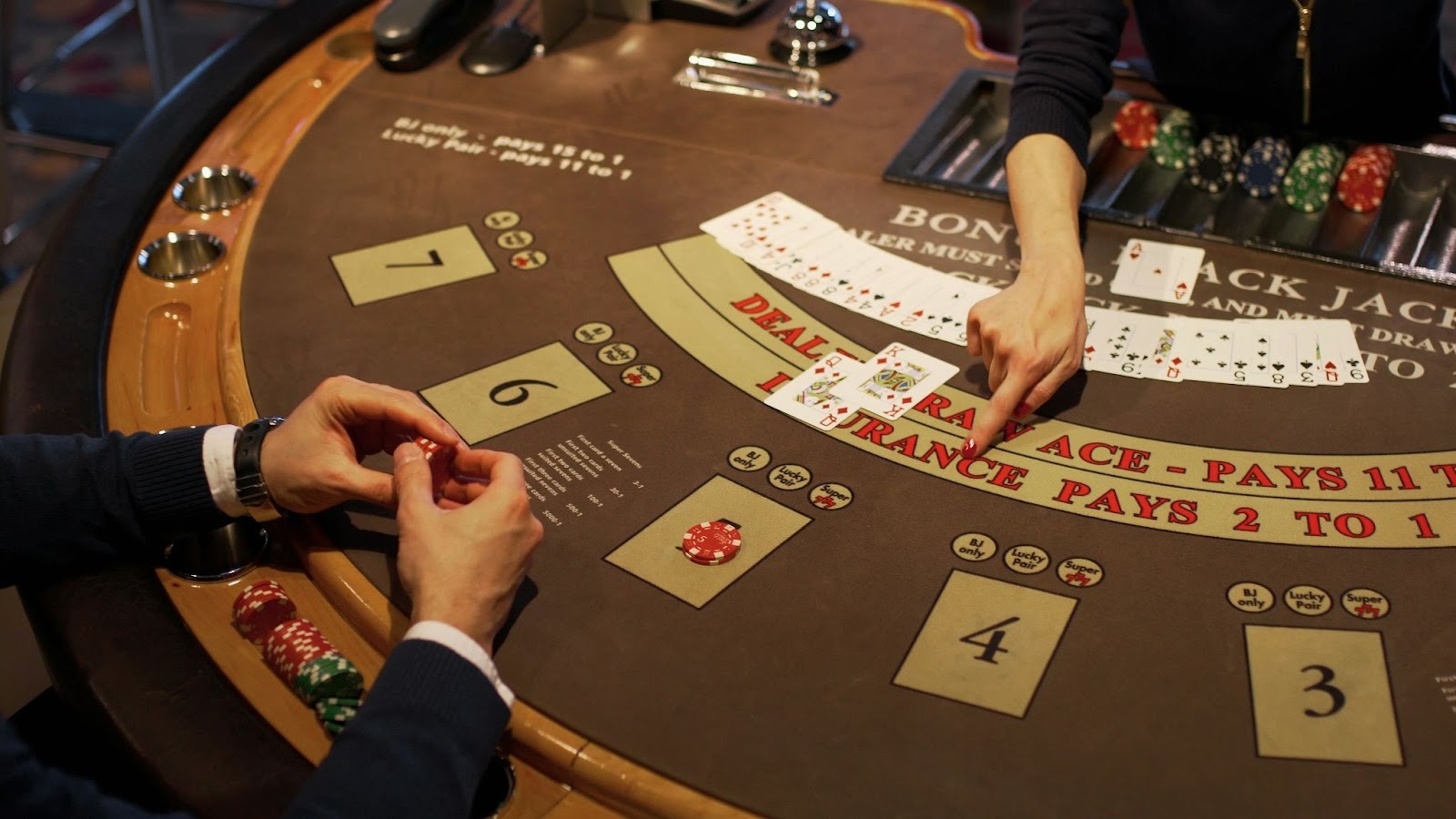Geopolitics is at the Heart of Trump’s Attack on the Panama Canal
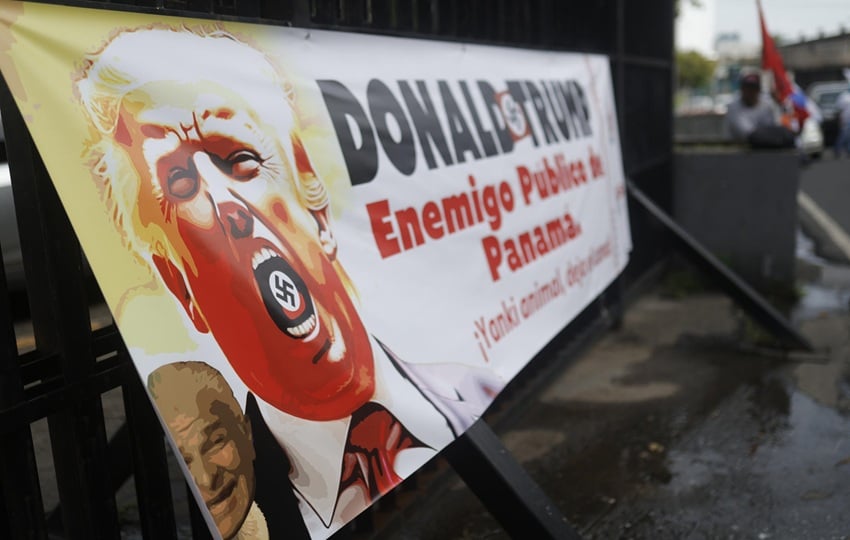
The US president-elect is sending a message to Latin America that it must align itself with US interests in the face of the seemingly inevitable trade war with China, and perhaps also by pushing for a negotiation on tolls or for the Central American country to take in migrants heading north. This is how analysts understand the complaint expressed by Trump over the weekend about the “scam” of tariffs and the alleged interference of China in the interoceanic route, for which he threatened to demand that it be “returned” to the US if Panamanian officials do not act accordingly. The United States is the main user of the canal. It built and managed it until its transfer to Panama on December 31, 1999, which was achieved thanks to the Torrijos-Carter Treaties of 1977. Panamanian workers’ unions like Suntracs demonstrated on Tuesday in front of the US embassy in the Panamanian capital in rejection of statements by US President-elect Donald Trump, threatening to demand the return of the canal.
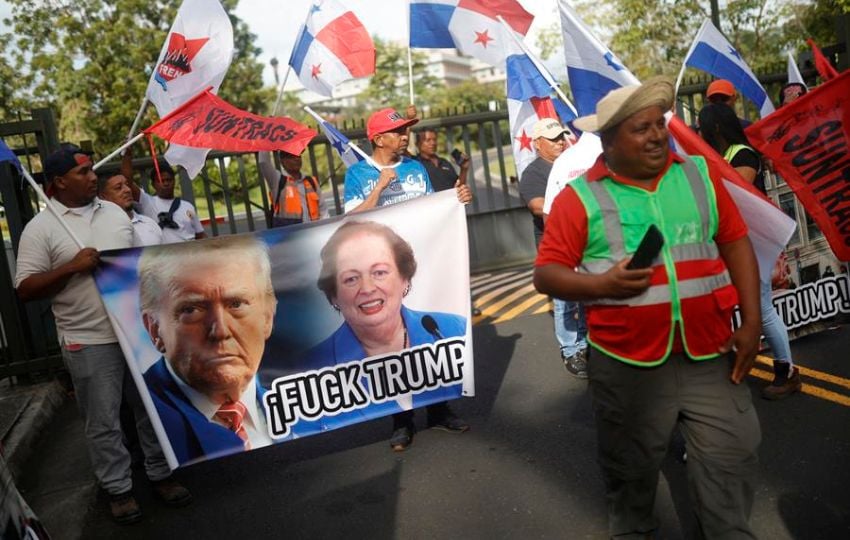
Four flags were placed on the Bridge of the Americas. The flags were placed at the request of President José Raúl Mulino, amid the tense climate experienced by Donald Trump’s statements. Trump’s threats come just as Panama commemorated, on December 20, the 35th anniversary of the US invasion of the country to capture the dictator Manuel Antonio Noriega on drug trafficking charges, which left between 500 and 4,000 dead, and just days away from the 25th anniversary of the transfer of the canal. The Republican leader’s position should not be seen from the perspective of traditional politics, “it must be understood pragmatically, as Germany, France and NATO have done,” since Trump “is trying to negotiate in his own way,” Panamanian economist and professor Eddie Tapiero explained. “We have to work pragmatically, understanding the situation, seeking international alliances,” says the Panamanian analyst.
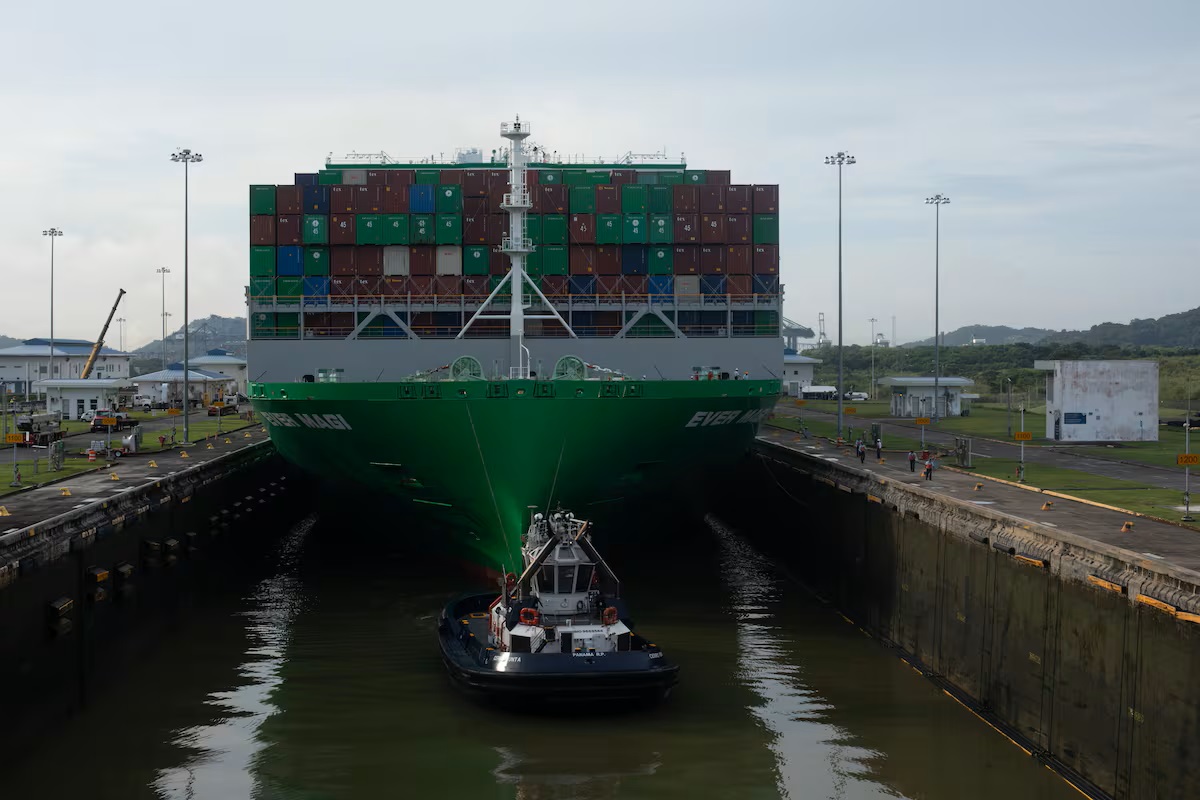
Panamanian President José Raúl Mulino has already stated that “the Panama Canal and its adjacent areas belong to Panama and will continue to belong to Panama,” and that neither China, the European Community, the United States or any other power have “direct or indirect control” over it. Trump, who will take office on January 20 for his second term, is sending “a message to Latin America that it has to align itself with the interests of the US, which will inevitably enter into a trade war with China,” economist Carlos Araúz explained. This issue “goes far beyond tolls: Trump is sending a message about what the United States’ protectionist policy will be for the next four years.” For Tapiero, Trump’s thesis on China and the canal may be related to the fact that the Panamanian ports of Balboa and Cristobal are operated by Hutchison Wampoa, a firm based in Hong Kong, something that does not affect the Panama Canal Authority, “which manages it independently and does not maintain commercial or financial ties.”
“This is the geopolitical aspect.” Trump’s cabinet “is made up of many anti-China hawks, but developing countries cannot be caught in the middle of the giants’ fights because we need markets to develop,” Tapiero explained. According to Trump, the tolls charged by the canal are “exorbitant.” Mulino responded that the rates “are not a whim,” are set “in open hearing” with clients “considering market conditions,” and cover “operating costs and the modernization of the waterway.” The Republican is “trying to negotiate, I think the canal is very important for his policy, to keep prices low for the development of the United States’ industrial policy,” according to Tapiero. Araúz believes that there is little room for negotiation in this area, since “the tolls are determined by the board of governors, where the United States has a representative, and the shipping companies have representatives.
Not even the Panamanian government has anything to say about the Panama Canal tolls.” “Inflation is going to skyrocket and eventually it will become much more expensive for the average American to live in their own country” because of Trump’s protectionist policies, he added. Thousands of irregular migrants pass through Panama every year on their way to the United States. During Trump’s first presidency (2017-2021), the country already refused to accept this population while they processed their legal entry into the United States, an initiative that the Republican leader intends to revive. Irregular migration “would be one of the points of negotiation that (Trump) is seeking, perhaps to see a mechanism that could be reached there” with Panama, says Tapiero. The migration issue “has to be attacked in a coordinated manner if a solution is to be imposed from the perspective of only one side, it will most likely fail,” says Araúz. Mulino said that he hopes to “maintain and preserve a respectful relationship” with the new US government and that security issues such as illegal migration, drug trafficking, terrorism and organized crime will have “priority” on the bilateral agenda.

